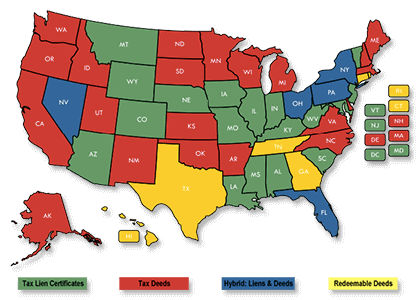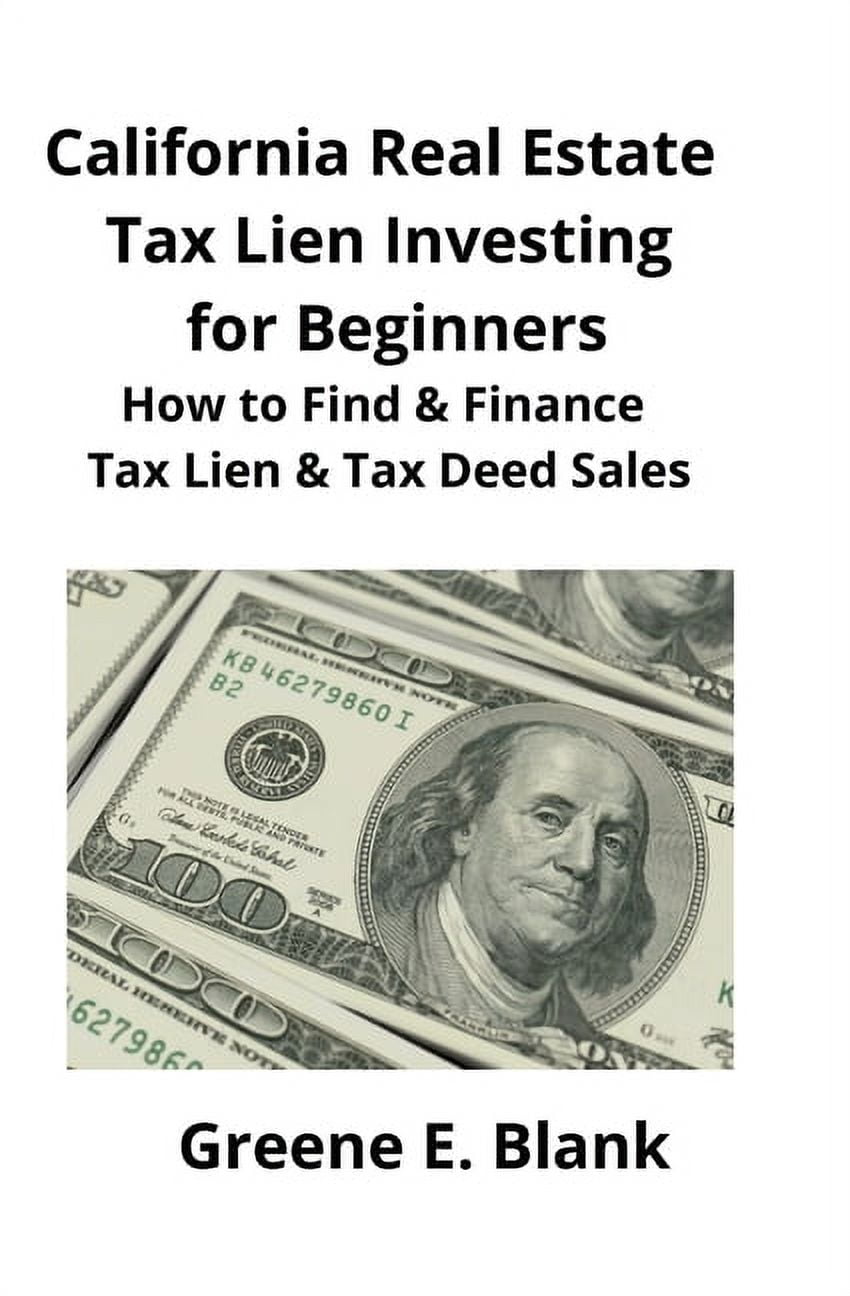All Categories
Featured
Table of Contents
Tax obligation lien investing can provide your portfolio exposure to realty all without having to in fact possess residential or commercial property. Experts, nevertheless, say the procedure is complicated and advise that beginner financiers can quickly obtain burned. Below's everything you require to know about buying a tax obligation lien certification, consisting of exactly how it functions and the threats involved.
The notification commonly comes before harsher actions, such as a tax obligation levy, where the Irs (INTERNAL REVENUE SERVICE) or regional or metropolitan governments can in fact seize somebody's residential or commercial property to recuperate the financial obligation. A tax obligation lien certification is produced when a homeowner has failed to pay their taxes and the city government issues a tax lien.
Tax obligation lien certificates are commonly auctioned off to financiers seeking to revenue. To recover the delinquent tax bucks, communities can after that market the tax lien certificate to private capitalists, who care for the tax obligation costs for the right to gather that cash, plus passion, from the homeowner when they eventually pay back their balance.
Tax Lien Certificate Investing
permit the transfer or task of delinquent property tax liens to the exclusive field, according to the National Tax Lien Organization, a nonprofit that represents federal governments, institutional tax lien investors and servicers. Right here's what the procedure appears like. Tax lien capitalists have to bid for the certificate in an auction, and just how that process functions relies on the specific community.
Contact tax officials in your area to make inquiries how those delinquent taxes are gathered. The town develops an optimum price, and the prospective buyer providing the lowest interest rate beneath that maximum wins the public auction.
Various other winning bids most likely to those who pay the highest cash amount, or premium, above the lien quantity. What occurs next for investors isn't something that occurs on a supply exchange. The winning prospective buyer needs to pay the whole tax bill, consisting of the overdue financial debt, interest and fines. After that, the capitalist needs to wait up until the homeowner repay their whole balance unless they don't.
While some financiers can be rewarded, others could be caught in the crossfire of challenging rules and loopholes, which in the most awful of scenarios can result in substantial losses. From a mere revenue point ofview, a lot of capitalists make their money based on the tax obligation lien's rate of interest. Passion prices differ and depend on the territory or the state.
Revenues, nonetheless, don't always amount to yields that high throughout the bidding process. In the end, a lot of tax obligation liens purchased at public auction are sold at rates between 3 percent and 7 percent nationally, according to Brad Westover, executive supervisor of the National Tax Obligation Lien Organization. Prior to retiring, Richard Rampell, previously the president of Rampell & Rampell, an accountancy company in Palm Beach, Florida, experienced this firsthand.
How To Invest In Tax Liens
At first, the companions succeeded. After that huge institutional financiers, consisting of financial institutions, hedge funds and pension funds, went after those higher yields in auctions around the country. The larger investors helped bid down rate of interest, so Rampell's group wasn't making significant cash anymore on liens. "At the end, we weren't doing better than a CD," he states - tax liens and deeds investing.
However that hardly ever occurs: The tax obligations are typically paid before the redemption day. Liens additionally are first in line for settlement, also before home mortgages. However, tax liens have an expiry day, and a lienholder's right to seize on the building or to gather their investment expires at the exact same time as the lien.
"Occasionally it's 6 months after the redemption period," Musa states. "Don't believe you can simply get and forget it." Specific capitalists that are considering financial investments in tax liens should, most importantly, do their research. Professionals suggest avoiding homes with environmental damages, such as one where a gasoline station unloaded hazardous material.
Tax Lien Investment Funds
"You should really comprehend what you're getting," says Richard Zimmerman, a companion at Berdon LLP, an accounting company in New york city City. "Recognize what the residential property is, the community and values, so you do not buy a lien that you will not be able to gather." Would-be financiers ought to also look into the property and all liens versus it, along with current tax sales and sale prices of similar buildings.
"Individuals obtain a listing of residential or commercial properties and do their due persistance weeks prior to a sale," Musa claims. "Fifty percent the residential properties on the list may be gone because the tax obligations get paid.
Are Tax Liens Good Investments

Westover claims 80 percent of tax lien certifications are offered to members of the NTLA, and the agency can often match up NTLA participants with the ideal institutional capitalists. That could make managing the procedure easier, especially for a newbie. While tax obligation lien investments can use a charitable return, be conscious of the great print, details and policies.
"However it's made complex. You need to understand the information." Bankrate's added to an update of this story.
Real estate tax liens are an investment niche that is overlooked by most investors. Investing in tax liens can be a rewarding though relatively danger for those that are well-informed about real estate. When people or businesses fail to pay their residential or commercial property tax obligations, the municipalities or various other government bodies that are owed those taxes place liens against the homes.
Best Tax Lien Investing Course
These insurance claims on collateral are likewise exchanged among financiers who wish to create above-average returns. Through this process, the community obtains its tax obligations and the investor gets the right to accumulate the amount due plus rate of interest from the debtor. The process rarely ends with the capitalist taking possession of the residential property.
If you need to confiscate, there may be various other liens versus the property that keep you from taking property. You can also invest indirectly by means of building lien funds.
It successfully locks up the residential property and avoids its sale up until the owner pays the tax obligations owed or the property is confiscated by the lender. For instance, when a landowner or home owner stops working to pay the tax obligations on their building, the city or county in which the home is situated has the authority to put a lien on the home.
Building with a lien connected to it can not be marketed or re-financed until the taxes are paid and the lien is eliminated. When a lien is released, a tax lien certificate is created by the district that reflects the quantity owed on the home plus any passion or charges due.

It's estimated that an added $328 billion of building tax obligations was evaluated across the U.S. in 2021. It's tough to examine nationwide property tax lien numbers.
Latest Posts
Tax Liens Listing
Tax Lien Investing For Beginners
Government Real Estate Tax Sales